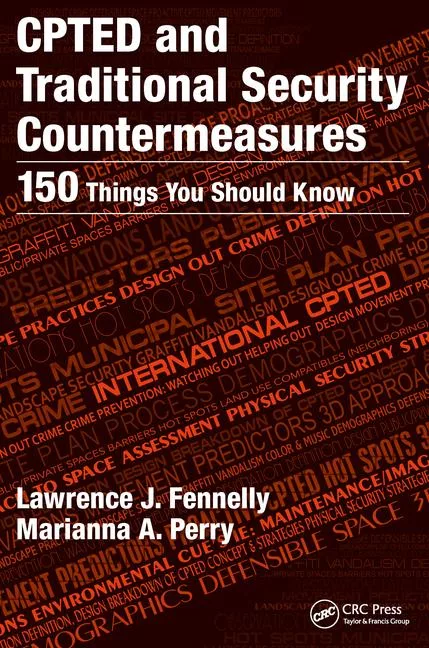Are You Trusted, Regular or Risky? Airline Security Checkpoints Could be Based on a Risk Profile
Several industry organizations are working on proposals to overhaul security checkpoints to provide more or less scrutiny based on the risk profile of each traveler.
While the proposals are in the early stages of development, they represent a growing consensus around a concept that has the support of John S. Pistole, the head of the U.S. Transportation Security Administration: divide travelers into three groups - trusted, regular or risky - and apply different screening techniques based on what is known about those passengers.
''Today we have T.S.A. agents looking at TV screens, but they don't know anything about the person going through the system,'' said Steve Lott, a spokesman for the International Air Transport Association. ''The idea is to take data that the government and the airlines are already collecting about passengers and bring it to the checkpoint.''
A crucial part of the group's ''checkpoint of the future'' proposal, and similar plans under discussion by other industry organizations, is creating a trusted traveler program that would allow passengers to undergo a background check to gain access to an expedited security lane at the airports.
The "trusted travelers" would most probably pay a fee for the vetting, much like the $100 application fee for the Global Entry program operated by U.S. Customs and Border Protection. After submitting to an interview, a background check and a fingerprint scan to join Global Entry, members can clear customs using a kiosk instead of waiting to speak with an agent - a model for a screening process that could offer similar benefits to domestic travelers.
''Our security apparatus has already acknowledged that we can create trusted traveler programs,'' said Geoff Freeman, executive vice president of the U.S. Travel Association. ''Let's expand on that.'' The association, a travel trade group, plans to release its own proposal for ways to improve security checkpoints next month, but many of its core concepts overlap with ideas presented by the International Air Transport Association at an industry conference late last year.
Although many of these procedural details are still just proposals, the idea is to determine who may present a risk based on better use of government intelligence and watch lists, as well as suspicious behaviors like checking in for a one-way international flight with no luggage.
Travelers in the middle group, neither vetted nor risky, would receive an intermediate level of screening, but ideally the process would be quicker than current procedures since suspicious passengers would be diverted to a separate lane.
Robert Poole, director of transportation policy at the Reason Foundation, says that for years, he has advocated for a more risk-based approach to aviation security, including some type of trusted traveler program. Now there finally seems to be more support to make it happen, he said. ''For the first time since 9/11, I think we have the conditions where it might be politically possible to have a serious debate about it,'' he added.
Looking for a reprint of this article?
From high-res PDFs to custom plaques, order your copy today!





